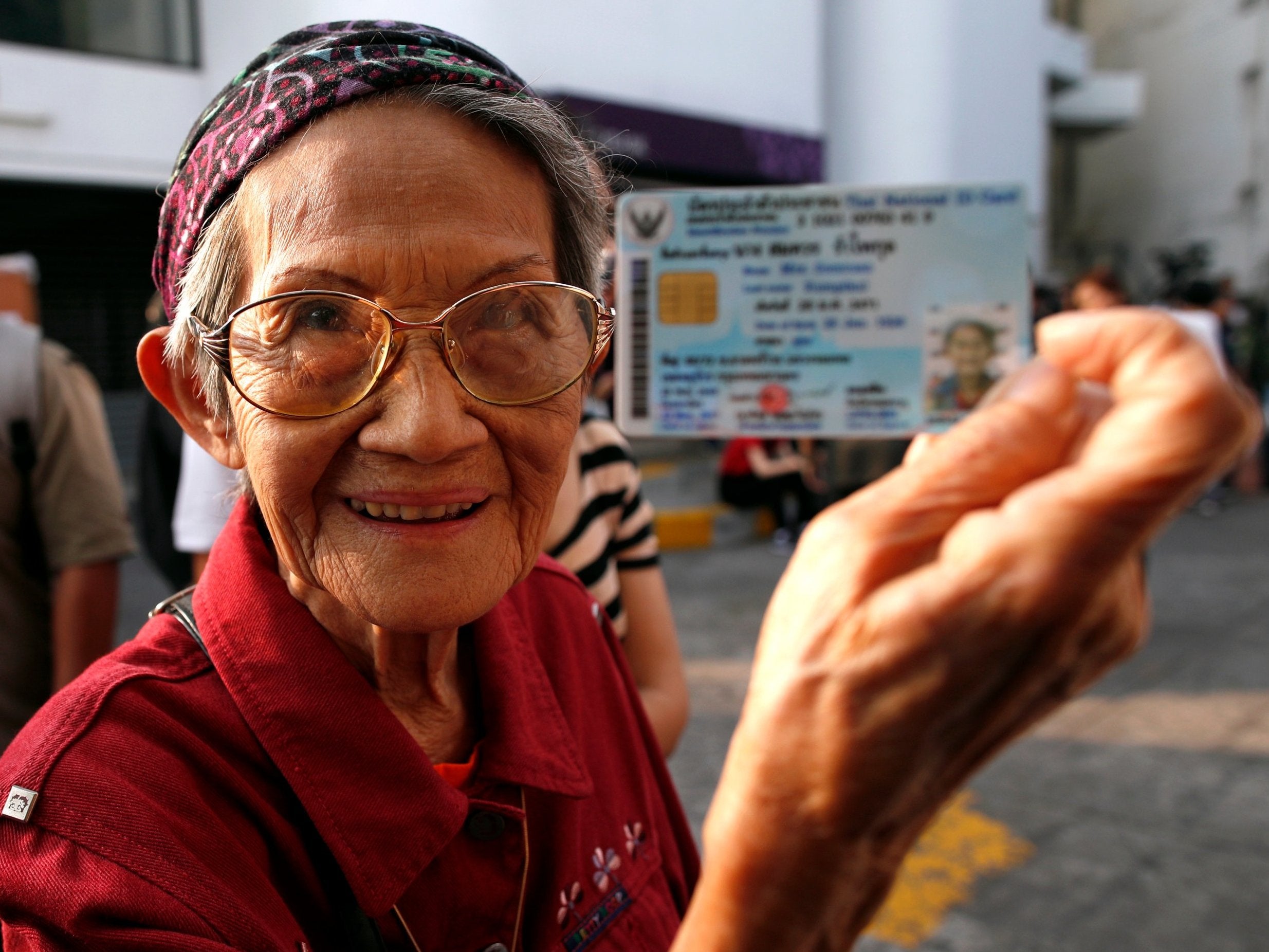Thai elections latest: Military-backed party takes the lead in Thailand’s first vote since coup
Former governing party just 0.4m votes behind with 89 per cent of votes counted

Your support helps us to tell the story
From reproductive rights to climate change to Big Tech, The Independent is on the ground when the story is developing. Whether it's investigating the financials of Elon Musk's pro-Trump PAC or producing our latest documentary, 'The A Word', which shines a light on the American women fighting for reproductive rights, we know how important it is to parse out the facts from the messaging.
At such a critical moment in US history, we need reporters on the ground. Your donation allows us to keep sending journalists to speak to both sides of the story.
The Independent is trusted by Americans across the entire political spectrum. And unlike many other quality news outlets, we choose not to lock Americans out of our reporting and analysis with paywalls. We believe quality journalism should be available to everyone, paid for by those who can afford it.
Your support makes all the difference.A military-backed party has taken the lead in Thailand’s first election since a coup in 2014, preliminary results showed, suggesting junta leader and prime minister Prayuth Chan-o-cha could stay in power.
With 89 per cent of votes counted on Sunday, the Palang Pracharat party was first with 7 million votes. Pheu Thai, which was the governing party ousted by the coup, was next with 6.6 million votes.
A new party, Future Forward, which became popular with young voters, had scooped up nearly 4.8 million votes. Voters deserted the Democrat Party, Thailand’s oldest political party, and its leader resigned.
Thais voted for a 500-member parliament, which along with a 250-member junta-appointed senate will decide the next prime minister.
The election was the latest chapter in a nearly two-decade struggle between conservative forces including the military and the political machine of Thaksin Shinawatra, a tycoon who upended tradition-bound Thailand’s politics with a populist political revolution.
Mr Thaksin was ousted as prime minister in a 2006 military coup and now lives in exile abroad to avoid a prison term, but parties allied with him have won every election since 2001.
His sister, Yingluck Shinawatra, who led the Pheu Thai government that was ousted in 2014, also fled the country after what supporters said was a politically motivated prosecution.
Mr Prayuth, the blunt-speaking army chief who led the 2014 coup, was hoping to extend his hold on power after engineering a new political system that aims to stifle the influence of big political parties not aligned with the military.
About 51 million Thais were eligible to vote. Leaders of political parties opposed to military rule urged a high turnout as the only way to derail Mr Prayuth’s plans, but many voters stayed at home.
Thailand’s powerful king, Maha Vajiralongkorn, issued a statement on the eve of the election saying the role of leaders is to stop “bad people” from gaining power and causing chaos. It was also broadcast on Thai television stations minutes before voting started.
Invoking a speech by his father, the previous Thai king who died in 2016 after reigning for seven decades, King Vajiralongkorn said not all citizens can be transformed into good people, so leaders must be given support in ruling to create a peaceful nation.
He urged government officials, soldiers and civil servants to look after national security.
It was the monarch’s second notable intervention in politics recently. Last month, he demanded his sister Princess Ubolratana Mahidol withdraw as a prime ministerial candidate for a small Thaksin-allied party within 24 hours of her announcement.
When it seized power in 2014, the military said it was to end political unrest that had periodically turned violent and disrupted daily life and the economy.
The claim has been a selling point for Mr Prayuth, who according to critics has overseen a period of growing inequality and economic hardship in Thailand.
After the coup, political party gatherings were banned and pro-democracy activists and other dissenters were regularly arrested, interrogated and imprisoned. Just days before Sunday’s election, Pheu Thai said the houses of party officials and its campaign canvassers in some provinces had been searched by military personnel in an act of intimidation.
Associated Press
Join our commenting forum
Join thought-provoking conversations, follow other Independent readers and see their replies
Comments